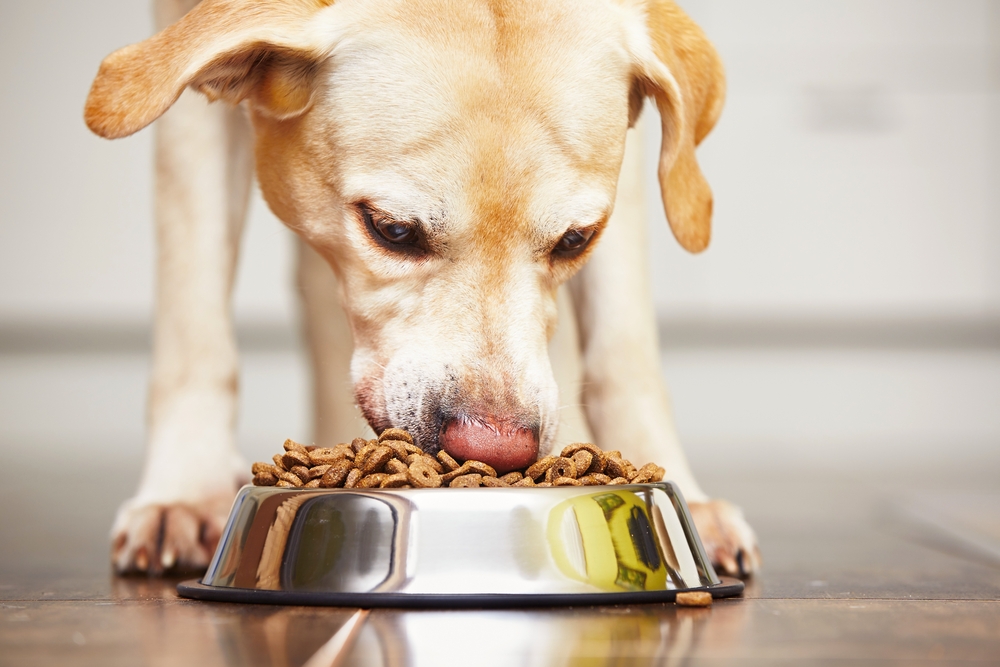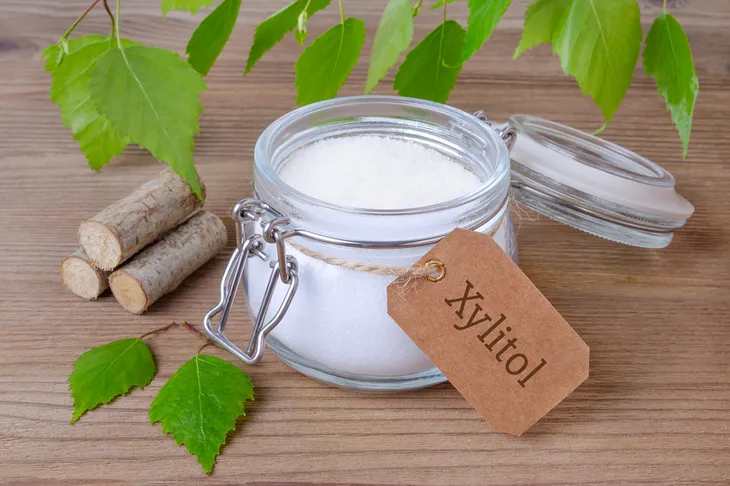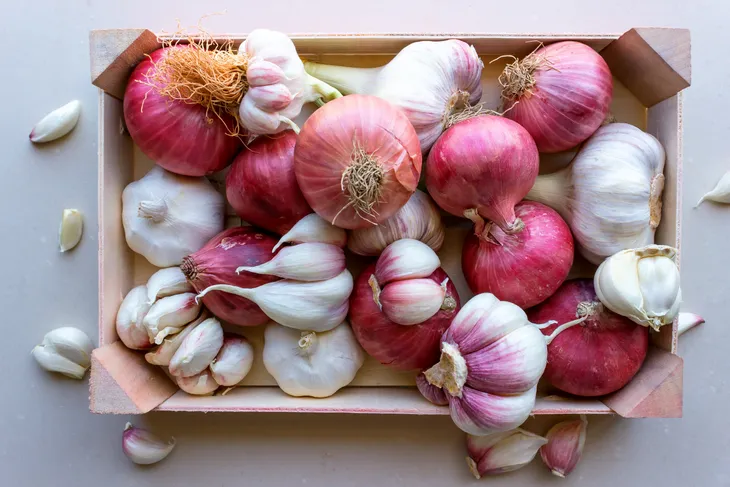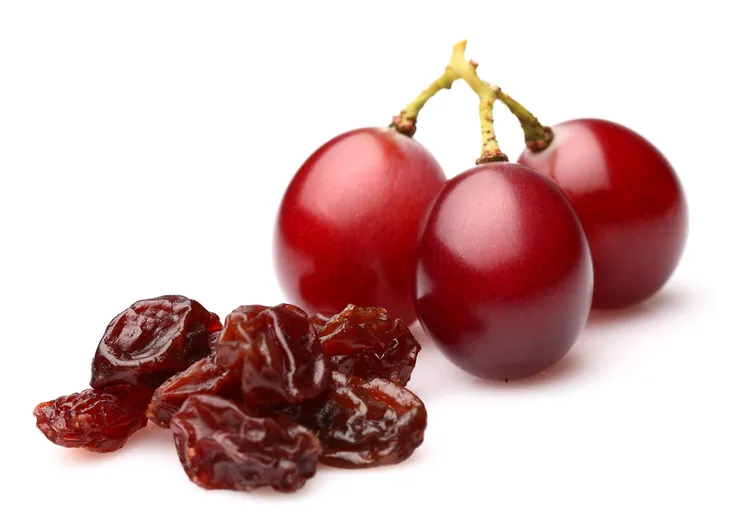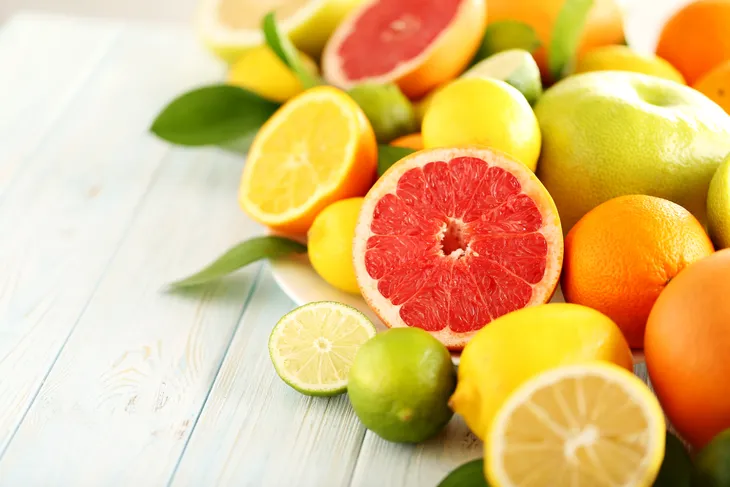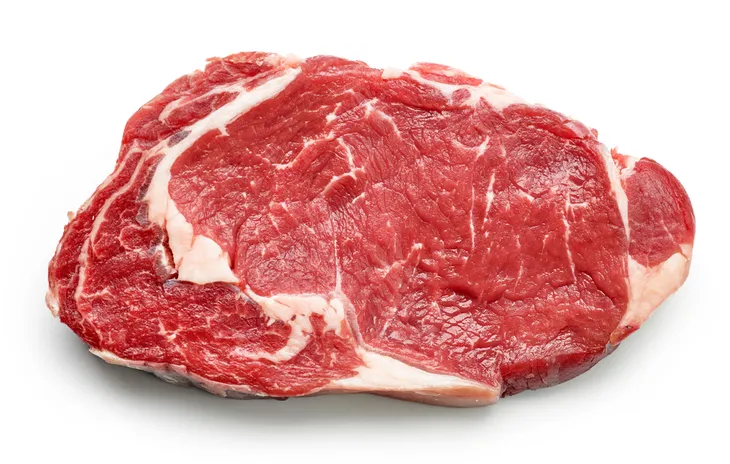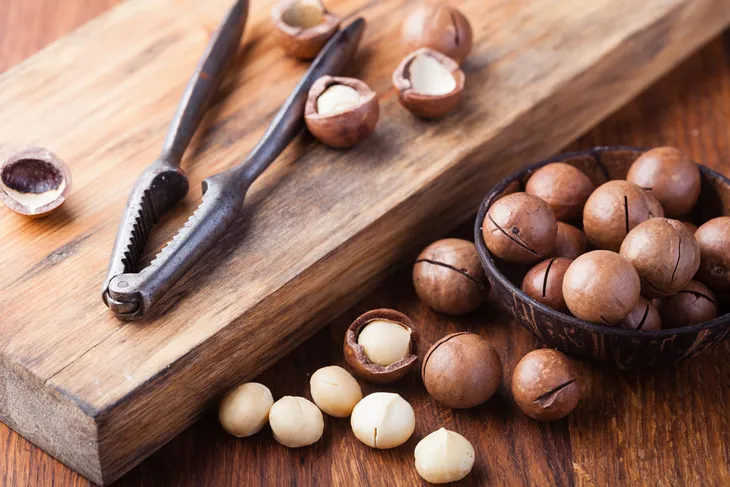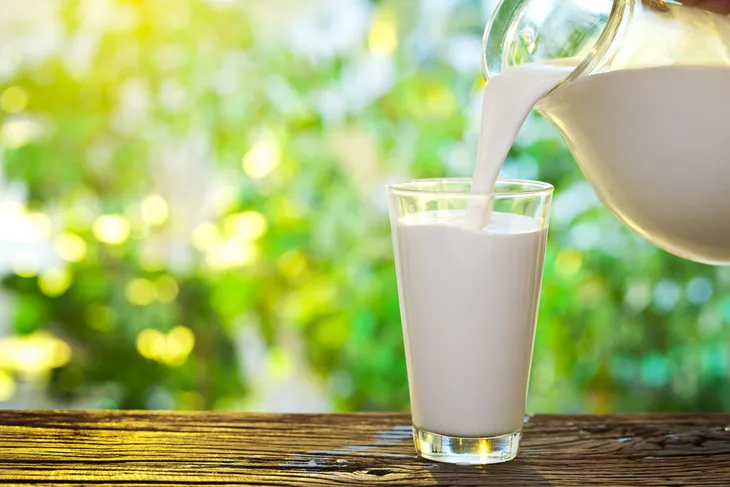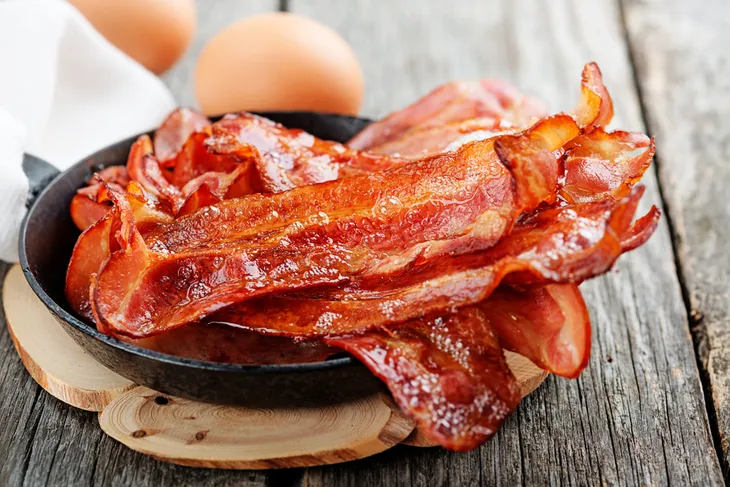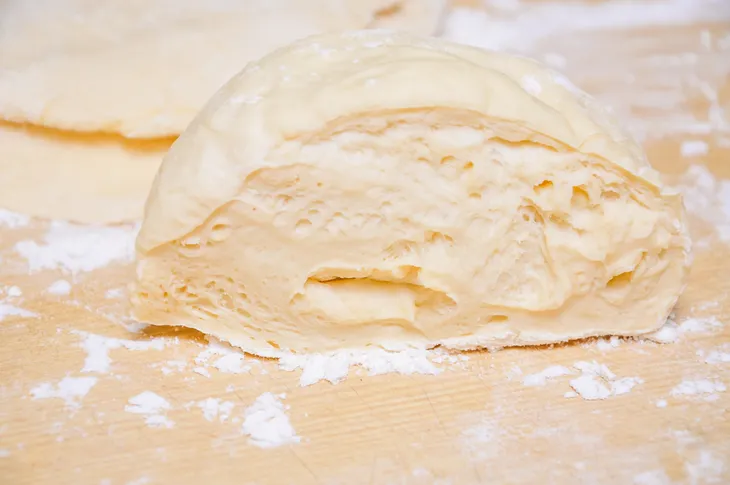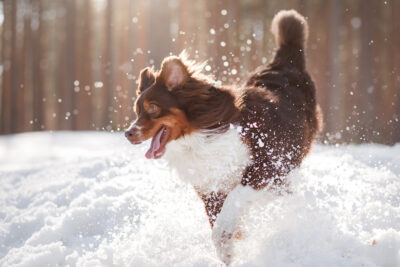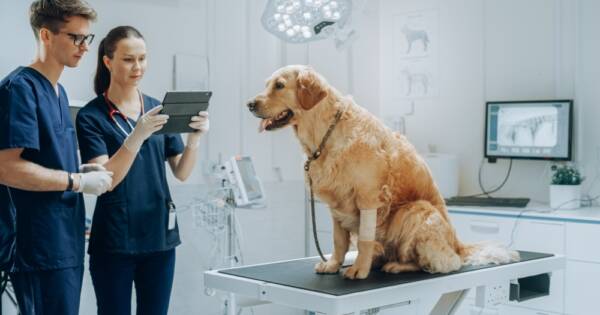You treat your four-legged friend like one of the family, and why not? They’re loyal, and they love you unconditionally. Well… as long as you feed them.
Speaking of which, it’s important to know that while you may consider your dog as the extra child you always wanted, you can’t feed them like a human. Certain foods and ingredients can be dangerous to canines, so let’s get barking mad at 14 of them…
1. Xylitol
This isn’t a food unto its own, but it’s hiding in many foods that humans eat. WebMD says you can find this sweetener in products such as candy, gum (it should go without saying, don’t give your dog gum), baked goods, and more (check labels).
The source warns that xylitol can cause your furry friend’s blood sugar to drop, and in more serious cases, can cause liver failure. Symptoms of consuming it include your dog being lethargic, vomiting, and having problems with coordination. “Eventually, your dog may have seizures. Liver failure can happen within just a few days,” it warns.
2. Avocado
While this food may be all the rage these days, your dog probably won’t agree with you. There are a lot of good things about avocado – like, it’s delicious and you can spread it on toast – but it also has a high fat content, “which can wreak havoc on your dog’s tummy,” explains GoodHousekeeping.com.
Perhaps even worse, if your dog gets hold of an avocado that still has the pit intact, swallowing it could lead to an obstruction in your dog’s gastrointestinal tract, adds the source. In that case, surgery might even be required to clear the blockage.
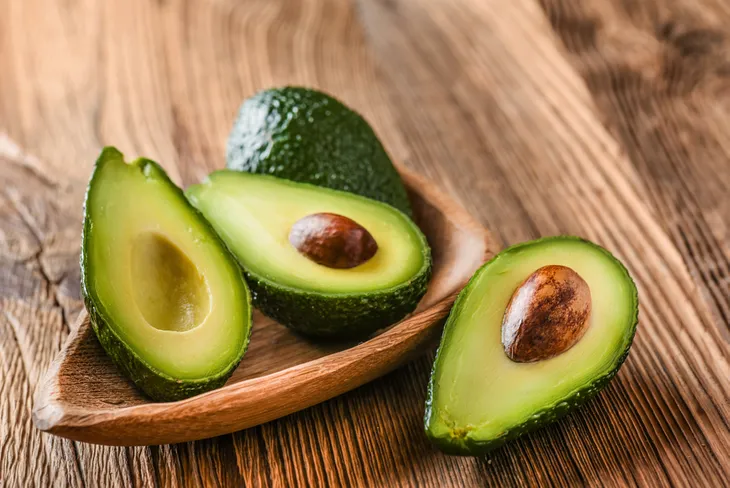 Shutterstock/Krasula
Shutterstock/Krasula3. Alcohol
While you may want your dog to join the party and have a drink, it’s not a good idea at all, says the American Society for the Prevention of Cruelty to Animals (ASPCA). It says alcoholic beverages and even foods containing alcohol can cause your dog to vomit, have trouble with coordination, experience difficulty breathing, and even have tremors.
In worst-case scenarios, your dog could fall into a coma or die if they consume alcohol, notes the source. “Under no circumstances should your pet be given any alcohol,” it stresses. If you suspect your dog has accidentally got into the liquor supply, you should call your veterinarian or the ASPCA Animal Poison Control Center immediately, it adds.
4. Onions and Garlic
These can do worse to your dog than make their breath intolerable. WebMD says onions and garlic – whether raw, cooked, dehydrated or powdered – can actually destroy your pet’s red blood cells.
Loss of red blood cells can cause anemia, and ingesting garlic or onions can cause symptoms such as weakness, vomiting, and trouble breathing, adds the source. It says “a rare small dose is probably OK,” but that poisoning can occur by eating a larger amount just once. So it’s probably best to err on the side of caution on this one.
5. Caffeine (And Chocolate)
If your dog has a late night assignment to complete and can’t quite keep their eyes open (we’re kidding), don’t give them coffee or tea, says the ASPCA (not kidding about that). The source says coffee and other caffeinated beverages (such as soda) contain substances called methylxanthines, which aren’t so friendly to pets.
The source says when pets ingests methylxanthines, they can experience vomiting and diarrhea, excessive thirst and urination, hyperactivity, abnormal heartbeat, tremors, seizures, and in worst-case scenarios, death. You probably have already heard about the dangers of feeding chocolate to dogs – that’s because chocolate contains methylxanthines as well, adds the source.
6. Grapes and Raisins
What could be so harmful about these versatile vine fruits that can produce wine and raisins? Well, for unknown reasons, grapes and their dried and shriveled form can lead to “rapid” kidney failure in dogs, says GoodHousekeeping.com.
Pay particular attention if you’re sharing your trail mix or cookies with your dog, as they often contain raisins, it adds. The source says it doesn’t take many raisins (as little as two) to end up hospitalized due to kidney trouble, and without treatment it can be fatal, it warns.
7. Citrus
Citrus fruits may be refreshing and have antioxidant benefits for humans, but you should avoid giving anything from citrus plants to your canine companion, explains the ASPCA.
It says not only the fruit itself, but also the stems, leaves, peels and seeds of citrus plants contain varying amounts of citric acid, “that can cause irritation and possibly even central nervous system depression if ingested in significant amounts.” Small doses of just the fruit might not be dangerous, but can still lead to tummy upset, it adds. So it might be another case of “how badly does my pet need this particular food?”
8. Coconut/Coconut Oil
There are many benefits of coconut oil, and ingested in small amounts, it’s not likely to have any adverse effects on your pup, says the ASPCA. However, it notes that the flesh and milk of fresh coconuts contain oils that can cause your dog to have an upset stomach, loose stools, and diarrhea.
The source says if you really want to offer some coconut products, then do it with caution – also, it explains that coconut water is high in potassium, which is apparently not ideal for Rover either.
9. Raw Meat/Eggs
While raw food diets are becoming popular for dogs, the ASPCA says there’s a warning attached – namely, raw meat and uncooked eggs can contain potentially harmful bacteria such as salmonella and E. coli that’s harmful to both pets and humans.
Additionally, raw eggs contain an enzyme called avidin that inhibits absorption of a B-vitamin called biotin, which can lead to problems with your dog’s skin and coat, adds the source. Domestic animals also shouldn’t be fed raw bones due to choking or splintering hazards, it warns. Cooked bones are even more brittle, by the way.
10. Macadamia Nuts
This delicious variety of nuts is ideal for a snack – for humans only. Good Housekeeping says they have a high fat content that can irritate dogs’ stomachs, but worse, they can be toxic to canines for reasons unknown.
The source says a dose of just 2-nuts per pound of body weight can lead to poisoning “that can lead to a temporary inability to walk.” Dogs may experience other symptoms such as diarrhea and weakness that require a trip to the hospital, adds the source.
11. Milk/Dairy
Many humans have trouble digesting milk and dairy, no thanks to the lactose content. The same goes for dogs, although the problem is common among all of them.
The ASPCA explains dogs don’t produce much of the enzyme called lactase that’s responsible for breaking down the lactose in milk and other dairy products, and feeding them these products can lead to diarrhea and digestive upset.
12. Bacon
We know, we know… bacon is so delicious, you can’t help yourself from sneaking a bit of it to your pooch under the breakfast table. However, bacon is not a friend of your dog’s pancreas, according to Good Housekeeping.
It says the high fat content of bacon can lead to pancreatitis in dogs, which caused inflammation and improper function of the important organ. The pancreas not only produces enzymes needed for food production, but also for insulin, which controls blood sugar levels.
13. White Bread
White bread really isn’t that great for humans, as it contains refined carbs that are almost devoid of any nutritional value (and can cause spikes in blood sugar). That being said, the high levels of sugar and oils in white bread can lead to dreaded pancreatitis in dogs, says Good Housekeeping.
The source says Schnauzers are particularly vulnerable to the ill effects of white bread. In any case, eating a significant volume of white bread can land your pooch in the hospital for an extended period, it warns.
14. Raw Dough
Here are some more raw facts – feeding your canine friend raw dough is a pretty bad idea, according to Good Housekeeping. It says the yeast in unbaked bread can cause “life-threatening illnesses” when eaten by dogs.
The dough will continue to rise in your dog’s stomach “and can extend their entire abdomen, causing extreme pain and potential blockages in the intestinal tract,” it notes. In the worst-case scenario, this can cause twisting of the stomach, medically known as gastric-dilation volvulus, it adds. Also, fermenting dough produces ethanol, which – you guessed it – can cause alcohol poisoning in your pup.
